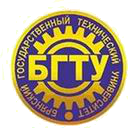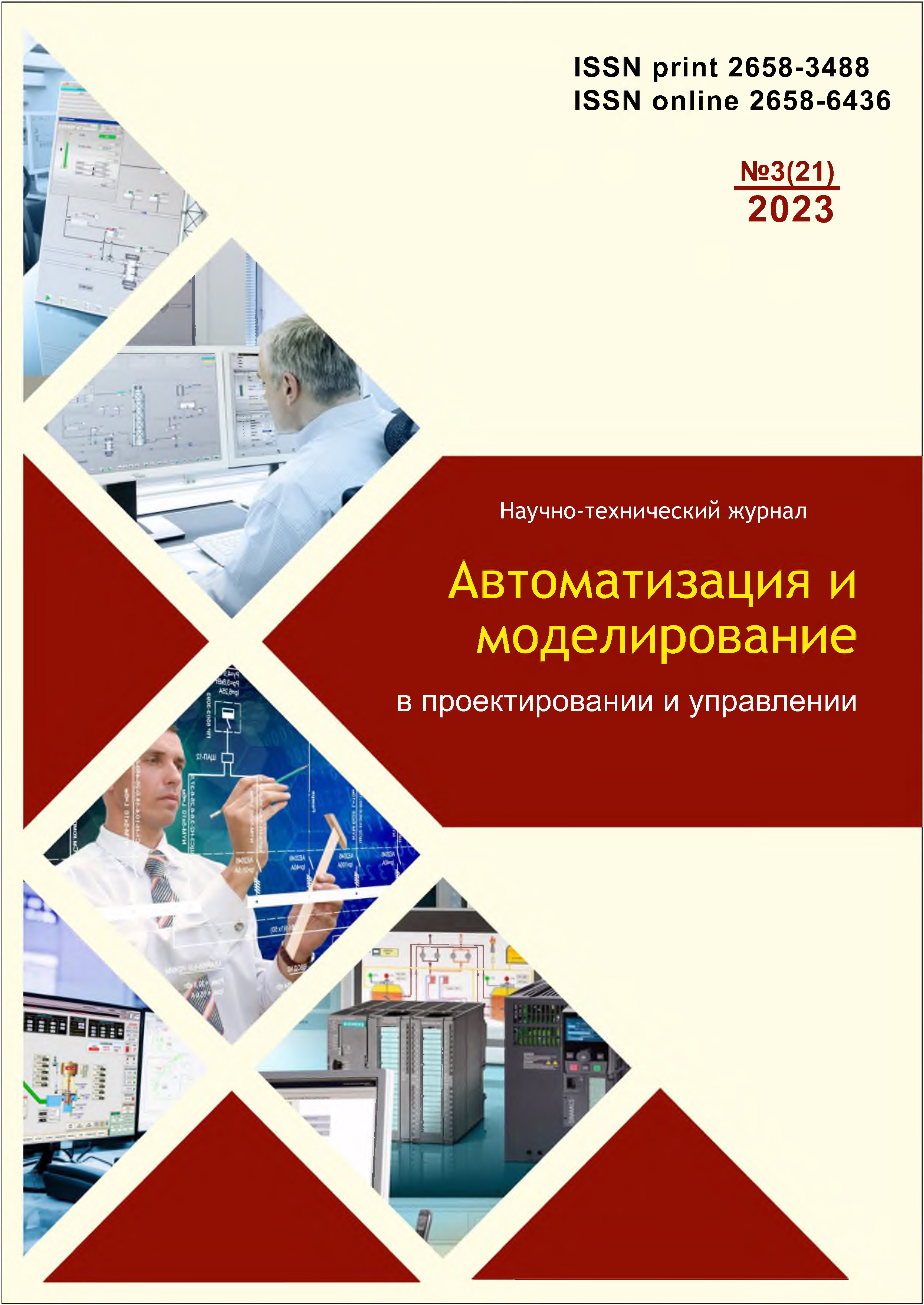The aim of the study is a scientific description of continuous technological process control under uncertainty. The article is devoted to developing an approach to the control of continuous technological processes under uncertainty. Research methods are the methods of fuzzy set theory, automatic control theory, decision theory in fuzzy conditions, optimization and modelling. The novelty of the work lies in the fact that an approach to controlling continuous technological processes under conditions of uncertainty is proposed, which does not depend on the nature of the considered continuous technological processes. The general statement of the problem of controlling continuous technological processes under uncertainty is given. In general, each of the stages of solving the problem of controlling continuous technological processes under uncertainty is described. The study results are formulating the problem of controlling continuous technological processes under uncertainty, describing the scheme for solving this problem and applying this scheme for a specific continuous technological process to determine optimal controls. Findings: the proposed approach to the control of continuous technological processes under uncertainty can be used for various continuous technological processes
continuous technological process; decision maker, theory of fuzzy sets, membership function, generalized optimality criterion, mathematical model, linguistic variable, catalytic reforming
1. Shchagin A.V. Design of Distributed Control Systems for Continuous Technology Technological Processes. Proceedings of Universities. Electronics. 2005;4-5:161-167. EDN: https://elibrary.ru/IAGTDN
2. Ageev N.B.O., Huseynov T.A.O. The Task of Operational Management of the Proc-ess of Regulating the Gas Consumption Unevenness in the System “Gas Production - Pipeline Transport - Distribution”. Equipment and Technologies for the Oil and Gas Complex. 2010;3:67-70. EDN: https://elibrary.ru/MVHEPP
3. Peshekhonov A.A., Zaitsev R.V. Impulse Automatic Control with an Adjustable Supply of Bulk Materials in Continuous Technological Processes. Bulletin of St PbSIT(TU). 2011;12 (38):75-79. EDN: https://elibrary.ru/ONYJAT
4. Yakovis L.M. Alternative Approaches to the Controlling Continuous Technological Processes. Automation in Industry. 2019.6:41-46. EDN: https://elibrary.ru/IVWMFD
5. Anikin M.S, Shaikin A.N., Savitskaya T.V. Developing an Algorithm for Multi-Step Decision Making Based on Fuzzy Petri Nets for Safety Control of Continuous Technological Processes. Advances in Chemistry and Chemical Technology. 2006;20;1(59):47-52. EDN: https://elibrary.ru/TRXAUP
6. Kravtsov A.V., Ivanchina E.D., Ivashkina E.N., Kostenko A.V., Yuriev E.M., Beskov V.S. Mathematical Modelling of Catalytic Processes of Raw Hydrocarbon Processing. Catalysis in Industry. 2008;6:41-46. EDN: https://elibrary.ru/JVMETT
7. Protalinsky O.M. The Use of Artificial Intelligence Methods in the Automation of Technological Processes. Astrakhan: Astrakhan State University Publishing House; 2004. EDN: https://elibrary.ru/QMNODV
8. Plekhov V.G., Kondrashov S.N., Shumikhin A.G. Application of a Multi-Level Mathematical Model of Catalytic Reforming Process of Gasoline Fractions in the Control System of Industrial Installations. Automation in Industry. 2009;7:37-42. EDN: https://elibrary.ru/KVUHJR
9. Matveikin V.G., Dmitrievsky B.S., Kokuev A.G., Dzhambekov A.M. The Task of Controlling the Process of Catalytic Reforming and the Method of Its Solution. Bulletin of the Tomsk Polytechnic University. Geo Assets Engineering. 2019;330 (6):59-67. DOI: https://doi.org/10.18799/24131830/2019/6/2127; EDN: https://elibrary.ru/EJWWKM
10. Dzhambekov A.M., Fyodorova O.V. Optimal Control of the Process of Catalytic Reforming of Petrol Fractions. Vestnik of Astrakhan State Technical University. Ser. Management, Computer Science and Informatics. 2018;2:34-42.










